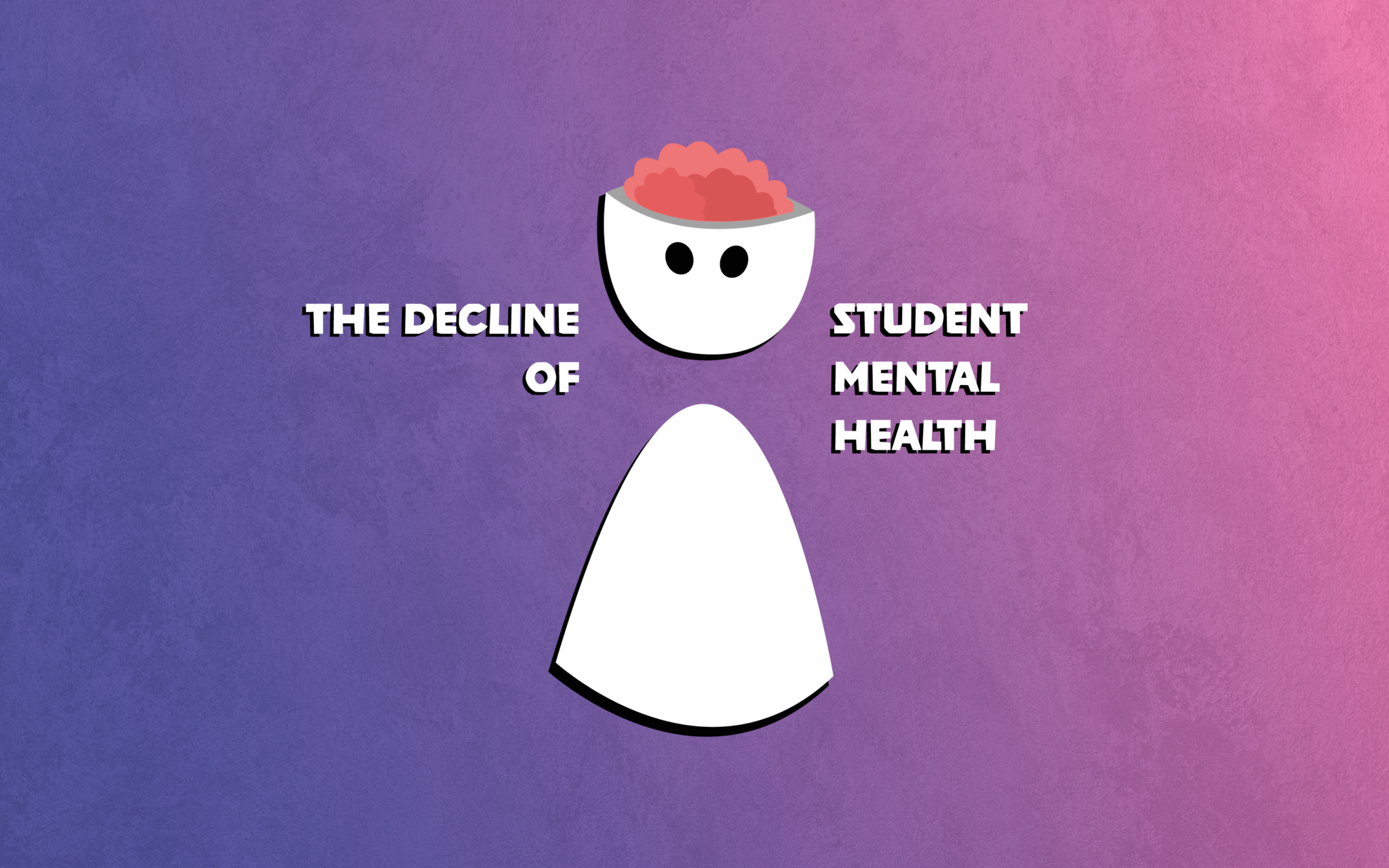The Decline of Student Mental Health
12th February 2020

The largest-ever mental health survey of students has found alarming levels of illness and distress. The poll of nearly 38,000 students in the UK found that a large number of students experience anxiety, substance abuse, loneliness and thoughts of self-harm.
The report, released in March 2019, has highlighted the fact that stress and anxiety is not purely focused on the first year as has been believed in the past.
While the transition from life at home to university is undoubtedly challenging for many students, the survey suggests that life can be tougher for students commencing their second and third years at university.
This may be caused by the intensification of studies, because support initiatives trail off after the first year, or because the separation from home feels more acute with the passing of time – or perhaps a combination of these factors.
Quoted by the Guardian, Dr Stephen Pereira of the Insight Network said: “Counter to popular belief, it isn’t the initial transition from school to university that seems to be most associated with psychological difficulties. The research has shown that students who are navigating the transition into their second and third year report the highest rates of anxiety, loneliness, substance misuse, and thoughts of self-harm.
Why do students struggle?
Students face wide-ranging pressures. These include social pressures, academic difficulties, family issues, financial difficulties and the stress that comes from navigating a complex interpersonal milieu – and doing it all far from home.
Beyond the pastoral duty of universities to protect each cohort, universities need to take action to keep their students engaged in learning and able to complete their degrees. If students are unable to focus on learning because of mental health issues, they may not experience the full benefit of their investment – or may be forced to drop out of studies altogether.
Raise awareness of student mental health issues
The first step for students is to understand the challenges they are facing. Simply drawing attention to issues like bullying, alcohol and drug abuse is a good starting point. Students also need strategies to help them respond to problems when they arise, as well as sources of support when things go wrong.
Mental health e-learning for students
Marshall E-Learning offers a range of digital courses for students, including but not limited to:
These courses provide an affordable way to reach a large number of students. The online courses work on any web-connected device and provide a premium experience on any screen size (including tablets and phones).
How can we support your students? Get in contact today.


